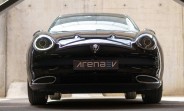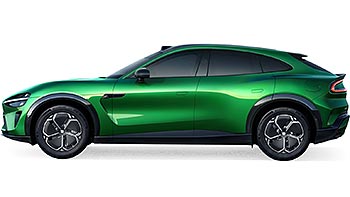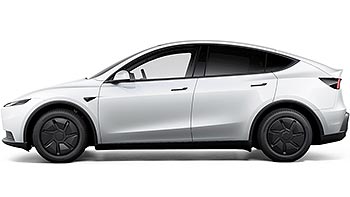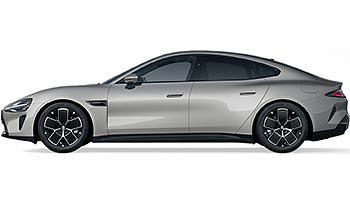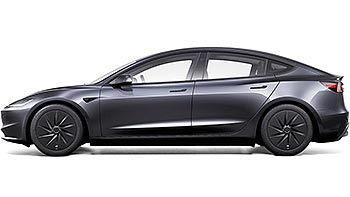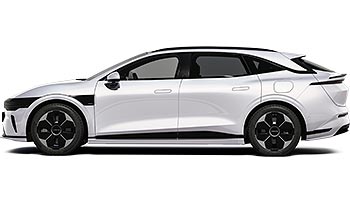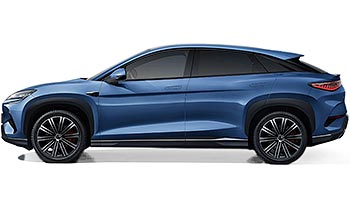Mercedes CLA EV has severely limited charging options in some markets

Mercedes-Benz is the talk of the town thanks to its upcoming electric CLA, but not all the attention is positive. A recent report indicates that the new luxury EV will exclusively support 800V DC fast charging, leaving owners unable to use older charging stations. This serious limitation means the Mercedes CLA EV might not be compatible with a significant portion of the existing public charging infrastructure, including many 50 kW chargers and a large part of Tesla's Supercharger network.
The decision by Mercedes to skip a DC/DC booster, which would allow the vehicle to use both 400V and 800V systems, is raising some questions. Automakers like Hyundai and Kia successfully use this technology in their EVs, providing broader charging compatibility. The lack of this feature in a luxury vehicle like the Mercedes CLA EV appears to be a cost-saving measure that is about to backfire spectacularly.

Mercedes has not offered a clear explanation for this design choice. The focus on achieving a rapid 10-80% charge time of around 22 minutes using its 320 kW DC fast charging capability seems to be a key factor here. As industry experts point out, exceeding 200 kW charging speeds with the current CCS cable limitations needs an 800V architecture.
The push for ultra-fast charging is great, but the restricted compatibility presents challenges for owners on the road. Finding a compatible 800V charger will make the journeys longer than needed. In a worst-case scenario, the distance between available 800V chargers might be longer than the car's range, turning the new CLA into an expensive mistake. Adding to the confusion, there is speculation that the Norwegian version of the CLA EV might include a DC/DC booster, suggesting a market-specific approach.

The official specifications and online configurators for the Mercedes CLA EV in various countries currently do not explicitly mention this charging restriction. A disclaimer spotted by Wards Auto indicates that 400V charging stations are not compatible and will not be displayed in the vehicle's navigation system. This will surely lead to some painful surprises for new owners.
As the Mercedes CLA EV is about to enter the market, the limitation on its DC fast charging compatibility will be a big decider for potential buyers. The promise of rapid charging is attractive, but the reduced accessibility to a huge part of the existing charging network across Europe makes the new Mercedes pointless.
Related
Reader comments
- p-run
FUD.
- 07 May 2025
- MUY





